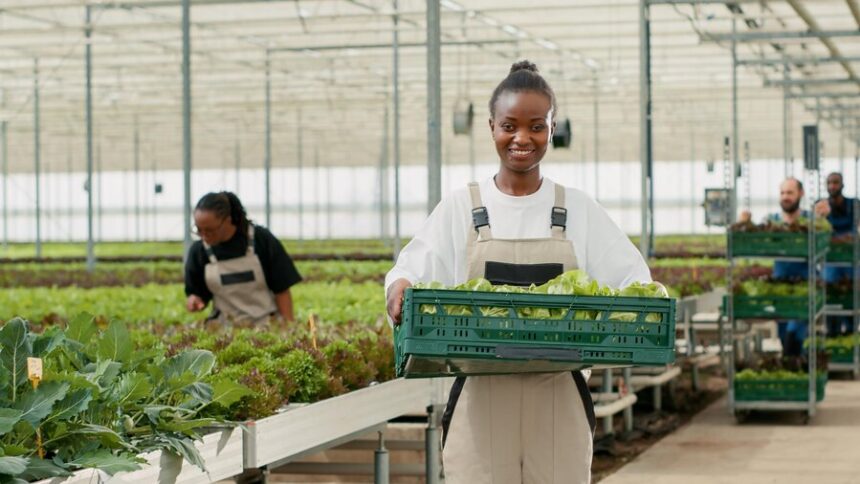- Agronomists are agricultural scientists who specialize in crop production and soil management. They play a vital role in ensuring the efficient and sustainable production of food, feed, fiber, and fuel.
- The primary responsibility of an agronomist is to optimize crop production by applying scientific principles and techniques. They study soil composition, plant genetics, pest management, and crop rotation strategies to maximize yields and minimize environmental impact.
- Agronomists work closely with farmers and agricultural businesses, providing expert advice on crop selection, planting techniques, fertilization, irrigation, and pest control. They help farmers develop customized strategies to overcome challenges and achieve their production goals.
- In addition to crop production, agronomists are also involved in research and development. They conduct experiments and trials to evaluate new crop varieties, innovative farming practices, and emerging technologies that can improve agricultural productivity and sustainability.
- Soil management is a crucial aspect of an agronomist’s job. They assess soil health, nutrient levels, and moisture content to develop tailored soil management plans. This may involve recommending appropriate fertilizers, soil amendments, and conservation practices to maintain or enhance soil fertility.
- Agronomists keep up-to-date with the latest advancements in agricultural science and technology. They attend conferences, workshops, and seminars to stay informed about new research findings, industry trends, and innovative farming techniques that can benefit their clients or employers.
- Problem-solving is a key skill for agronomists. They are often faced with complex challenges such as pest outbreaks, nutrient deficiencies, soil erosion, or climate change impacts. They analyze data, diagnose problems, and devise effective solutions to mitigate risks and optimize agricultural productivity.
- Communication skills are essential for agronomists as they interact with a diverse range of stakeholders. They must be able to convey technical information in a clear and understandable manner to farmers, agricultural workers, policymakers, and other professionals in the agricultural sector.
- Agronomists may work in various settings, including government agencies, research institutions, agricultural companies, consulting firms, or as independent consultants. They may also specialize in specific areas such as precision agriculture, organic farming, or sustainable agriculture, depending on their interests and expertise.
- The demand for agronomists is expected to remain strong due to the growing global population and the need for increased food production. As sustainable farming practices gain prominence, agronomists will play a crucial role in ensuring the adoption of environmentally friendly and efficient agricultural methods.
Agronomists contribute significantly to the development and improvement of agriculture by combining scientific knowledge with practical applications, ultimately helping to meet the world’s food and fiber needs in a sustainable manner.
Join 'Farmers Mag' WhatsApp Channel
Get the latest Farming news and tips delivered straight to your WhatsApp
CLICK HERE TO JOIN






